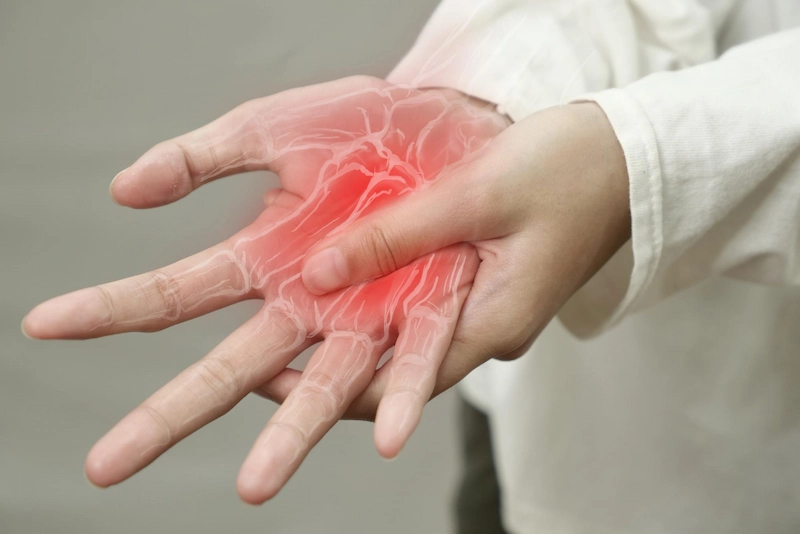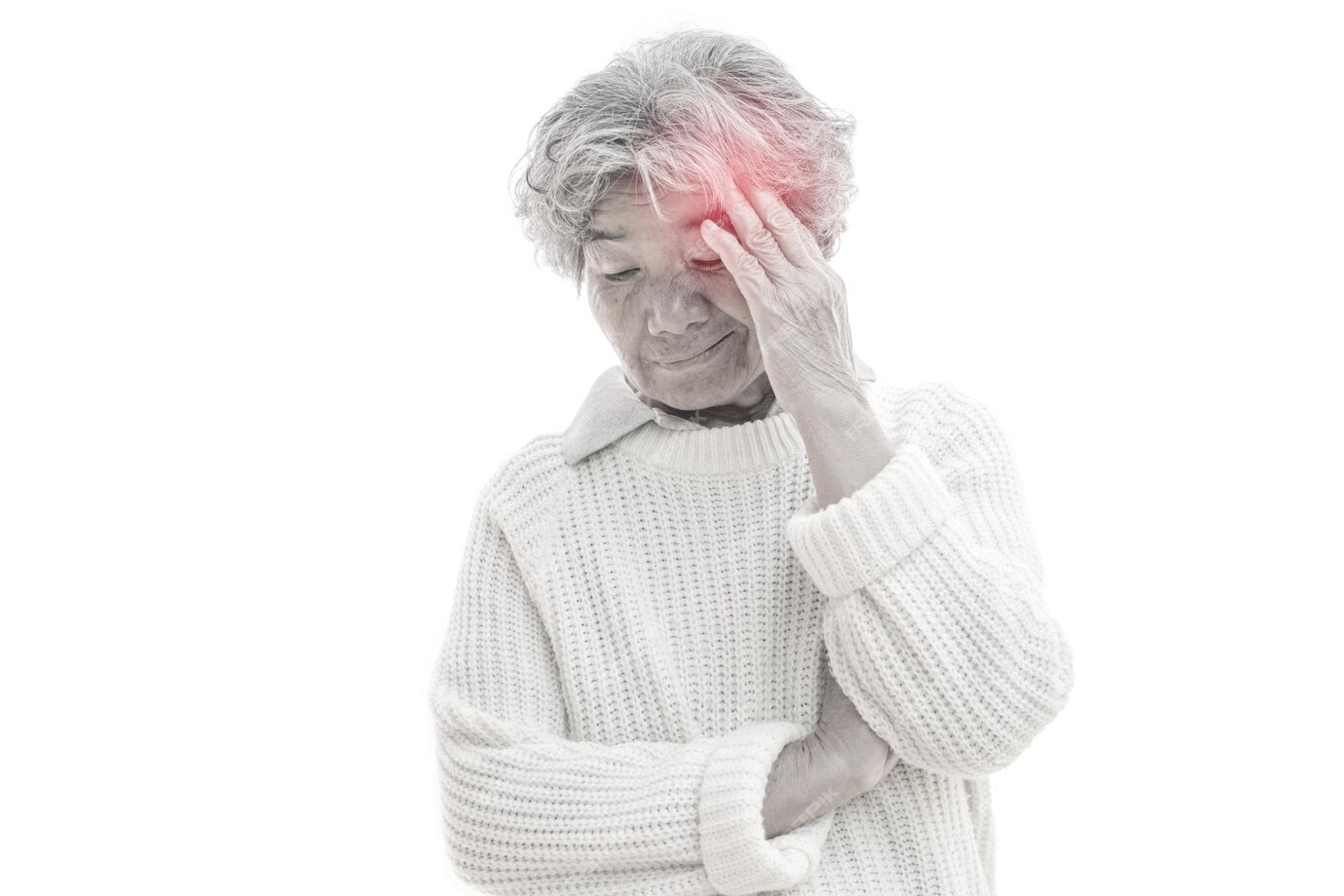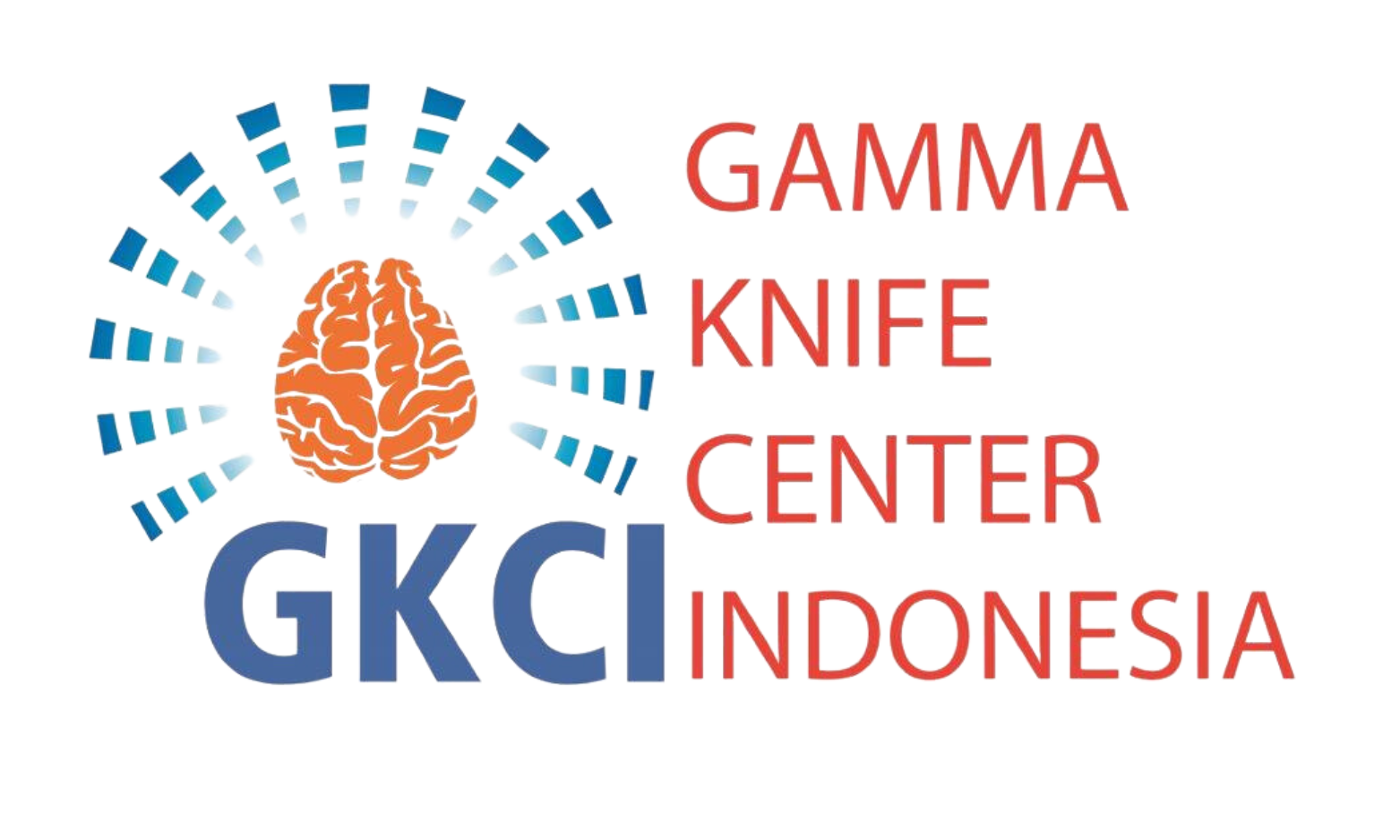General Health
Dementia - Causes, Risk Factors, and Treatments
Share to

Table of Contents
Dementia is a condition characterized by a decline in thinking and memory abilities that commonly occurs in older adults (65 years old and above). It can affect the patient's lifestyle, daily activities, and social skills.
Dementia is also often referred to as forgetfulness or senility. However, not everyone who is forgetful has dementia. So, what causes dementia, and how is it treated? Let's take a closer look at the following article.
What Is Dementia?
Dementia is a condition marked by a decline in a person's memory. Nevertheless, dementia is not a single disease but rather a collection of symptoms that affect brain function in remembering, thinking, speaking, and even behaving.
The severity of dementia can vary greatly, ranging from mild to severe. This condition is progressive, meaning it can worsen over time.
Dementia commonly affects both elderly men and women, and the risk heightens with age, especially after the age of 85. Regardless, genetic factors also play a role as one of the risk factors for dementia.
Causes of Dementia
The main cause of dementia is damage to brain nerve cells (which can happen in several areas of the brain). These disruptions in brain function can manifest in different ways for each person, depending on the affected area of the brain.
In addition, a decline in memory due to dementia can be caused by reduced blood flow in the brain’s blood vessels. This condition can be triggered by a variety of factors, such as stroke, heart valve infection, or issues with other blood vessels.
Risk Factors for Dementia
There are several factors that can increase the risk of dementia in older adults, including:
-
Having a family history of dementia.
-
Smoking.
-
An unhealthy diet.
-
Lack of exercise.
-
Having a habit of consuming alcohol.
Furthermore, some diseases that can also increase the risk of dementia include:
-
High cholesterol.
Types of Dementia
Based on the cause, dementia is divided into several types, including the following.
-
Alzheimer's disease, which is the most common dementia type. This condition can be caused by a genetic mutation inherited from parents or by the formation of plaques or clumps of protein in the brain.
-
Vascular dementia, which is a disruption of brain function that occurs due to reduced blood flow to the brain. This condition can be triggered by a stroke or other issues.
-
Lewy body dementia, which is a progressive type of dementia caused by the accumulation of protein deposits in brain nerve cells, which interfere with the brain's ability to transmit signals.
-
Frontotemporal dementia, which is a group of diseases characterized by damage to nerve cells in the frontal temporal lobe or the front part of the brain. This condition can influence the patient's behavior, personality, and language abilities.
-
Mixed dementia, which is a condition in which a person has two or more types of dementia.
Symptoms of Dementia
Some of the dementia symptoms include:
-
Memory loss (this symptom is usually noticed by loved ones).
-
Difficulty communicating or speaking.
-
Difficulty planning.
-
Frequent confusion.
-
Difficulty completing complex tasks.
-
Difficulty coordinating and decreased motor function.
Dementia can also cause symptoms related to psychological changes, such as:
-
Personality changes.
-
Restlessness.
-
Strange behavior.
-
Hallucinations.
-
Agitation.
-
Excessive fear.
Diagnosing Dementia
Diagnosing dementia is not easy, especially determining the type of dementia the patient is experiencing. Before making a diagnosis, the doctor will ask about the patient's symptoms, behavioral changes, and changes in physical and cognitive abilities, as well as their medical history.
Then, the doctor will perform some supporting examinations, namely:
-
A neurological examination to assess muscle strength and body reflexes.
-
A mental examination using the MMSE (mini-mental state examination) to measure the extent of cognitive impairment.
-
Higher cognitive function tests to measure the patient's thinking ability, such as counting backward or telling time.
If the doctor suspects that another condition is causing the dementia, additional tests may be performed, such as:
-
Blood tests.
-
EEG (electroencephalogram) to measure brain wave activity.
Treatments for Dementia
Some treatments that can be performed to reduce dementia symptoms include the following:
-
Cholinesterase inhibitors: Dementia medications that increase the acetylcholine chemical, which is helpful in slowing down Alzheimer's symptoms.
-
Memantine: Dementia medication that delays the onset of cognitive and behavioral symptoms in people with moderate or severe Alzheimer's disease.
-
Behavioral therapy: Aims to suppress uncontrolled behavioral changes.
-
Cognitive therapy: Aims to stimulate memory and improve language and problem-solving skills.
-
Occupational therapy: Aims to teach safe ways to perform activities.
Moreover, family support is one of the most important things to help maintain the patient's quality of life. If you have a relative who is experiencing dementia symptoms, consult a Neurologist immediately to receive appropriate treatment.
You can use the MySiloam application to easily access healthcare services at Siloam Hospitals, from browsing doctors' schedules to booking appointments with the relevant doctor.









